
Sleep apnea is a sleep disorder that is the common but can be serious. However, more than sleep apnea itself, other health problems related to the condition are actually dangerous.
What is Sleep Apnea?
Sleep apnea is considered to be progressive disease because it becomes worse over time. In sleep apnea breathing repeatedly stops or becomes shallow. Breathing pauses may last 10 to 20 seconds or more and they may occur up to 30 times or more in an hour. Sleep apnea disrupts the sleep and leads to excessive daytime sleepiness. People with sleep apnea usually snore loudly. There are three types of sleep apnea. Obstructive sleep apnea is the most common type that occurs when airways are obstructed which prevents adequate flow of air. Central sleep apnea occurs when the brain doesn’t send signals to the muscles that control breathing. The third type is a mixed sleep apnea which is combination of the previous two.
Health Problems Associated with Sleep ApneaIt is the fact that sleep apnea is related to many physical problems such as hypertension, heart failure, heart attack, diabetes, kidney failure, stroke and pulmonary hypertension. Excess weight, smoking and use of alcohol and sedatives usually lead to sleep apnea and increase the chance of high blood pressure and heart disease. However, there are people who don’t have these lifestyle problems but develop sleep apnea anyway from unknown reasons. Many health problems result from sleep apnea because during an episode of breathing pause, levels of carbon dioxide in the blood increases while levels of oxygen decrease. That can cause certain physical and chemical processes in the body which may lead to many problems. High blood pressure may develop due to sudden drop in blood oxygen levels because that puts a strain on the cardiovascular system. Among those with obstructive sleep apnea that do not suffer from high blood pressure, 45% will develop hypertension over a four year period. High blood pressure commonly decreases when sleep apnea is treated. Also, number of episodes of low blood oxygen can result in unexpected death from heart attack, especially if a person with sleep apnea suffers from a heart disease. Obstructive sleep apnea increases the risk of atrial fibrillation, congestive heart failure and other vascular diseases. What is more, the possibility for congestive heart failure increases by 2.3 times while the risk of stroke is increased by 1.5 times in people with obstructive sleep apnea. However, this link between obstructive sleep apnea and heart disease is still unexplained.


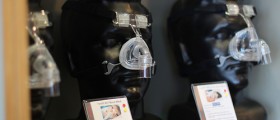

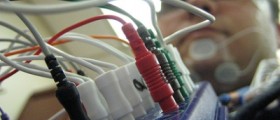
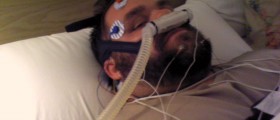
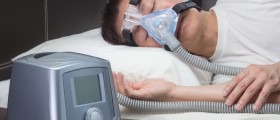

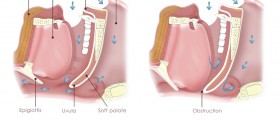

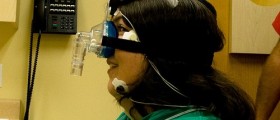

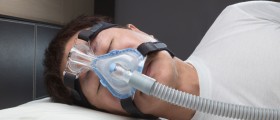
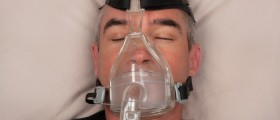



Your thoughts on this
Loading...